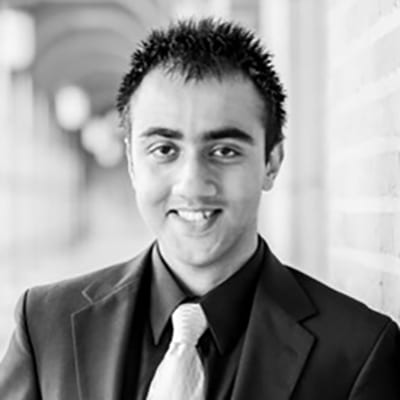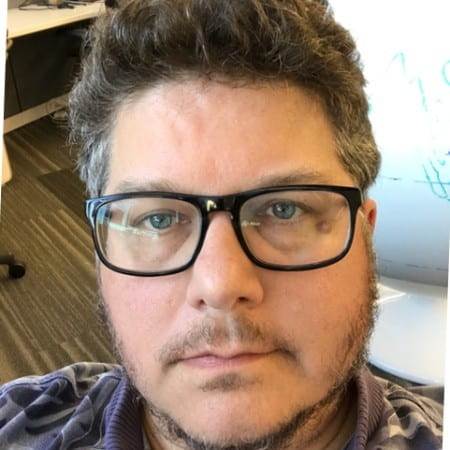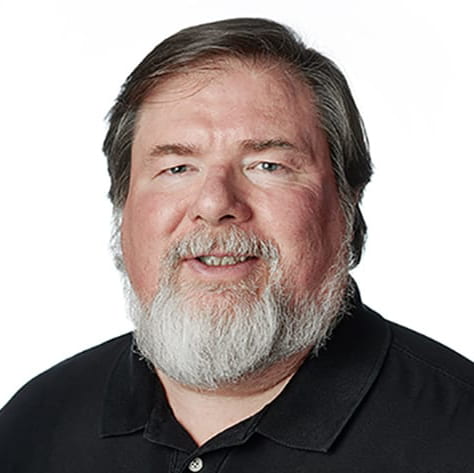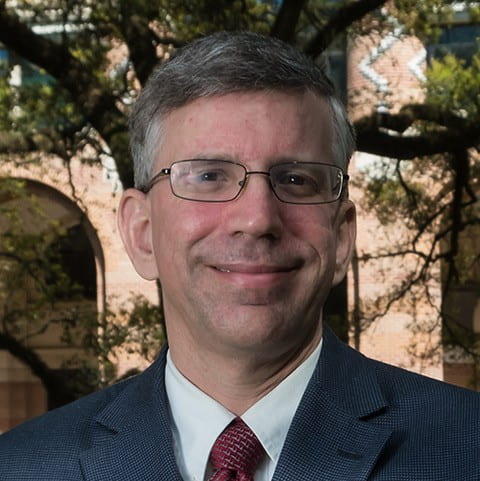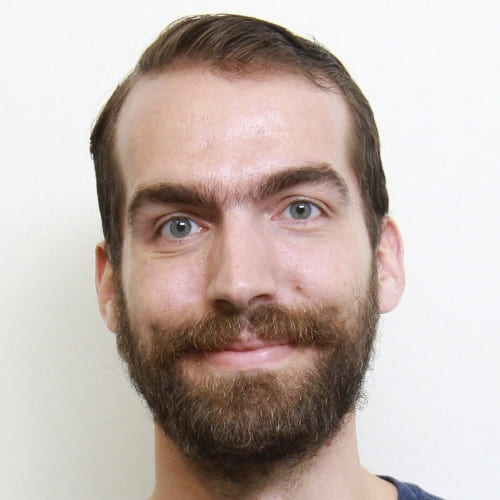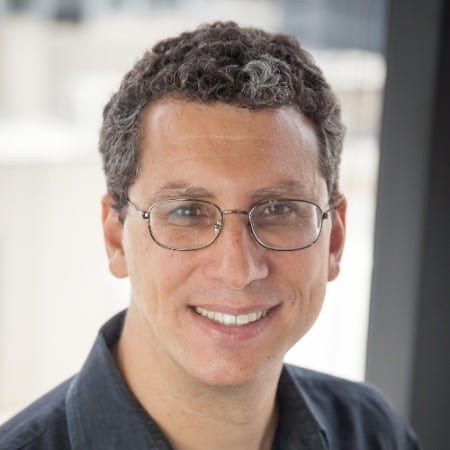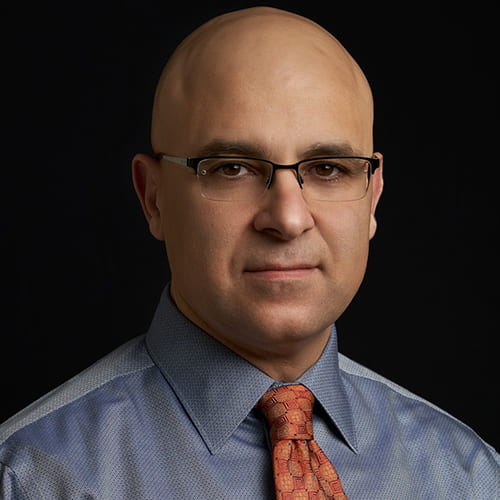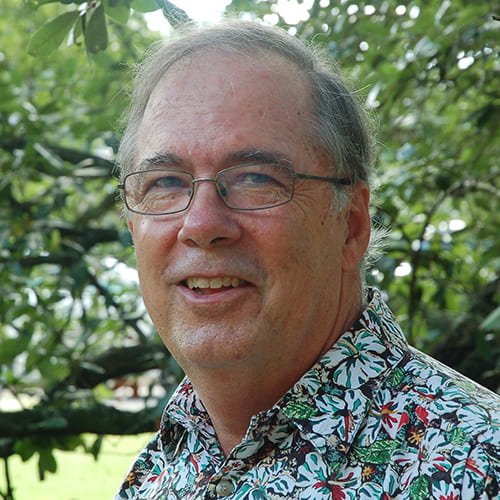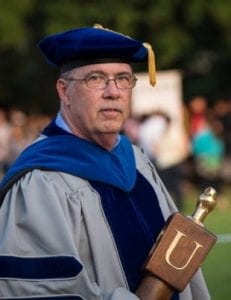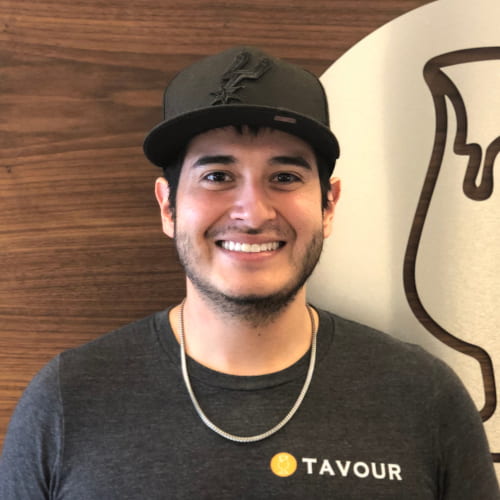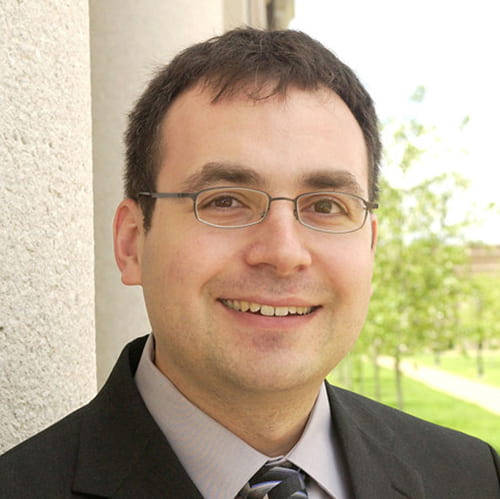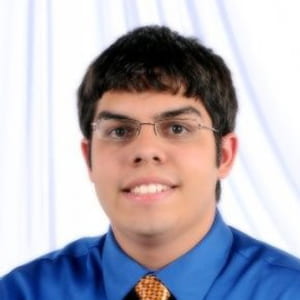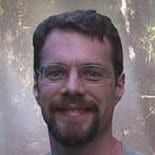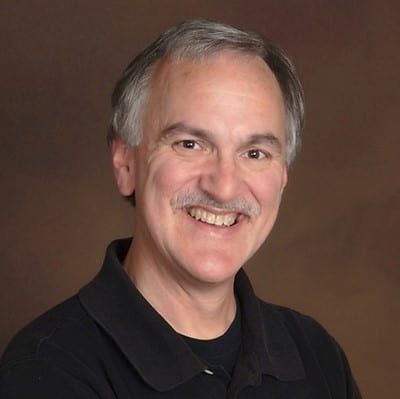
Wiliam LeFebvre has been using Unix & Internet technologies since 1983. He is currently the chief architect for ifThen, a web design and development company. William designs and creates scalable and resilient production web environments, DevOps processes, continuous integration and continuous deployment solutions, cloud services, test automation frameworks, performance metrics, and monitoring. He was a founding partner in Digital Valence with Monty Mullig and has worked with many clients including Comcast, Synacor, Coca Cola, and AT&T. Previously, William was a Technology Fellow at Turner Broadcasting where he designed system architectures for many of Turner’s high-volume websites including CNN.com, Money.com, SI.com, NASCAR.com & CartoonNetwork.com. William ran his own consulting business in the late 1990’s, helping companies with Unix systems & Internet technologies, and teaching Cisco classes as a certified Instructor. Previously William worked at Argonne National Laboratory designing and installing classified networks for the US Army in the Pentagon and Seoul, South Korea. He received his bachelor’s degree in 1983 and a Master of Science degree in 1987, both from Rice University.
